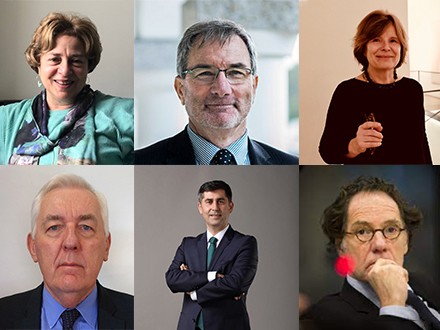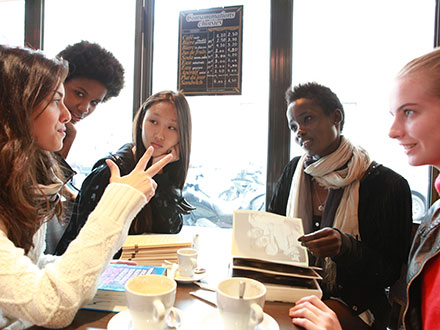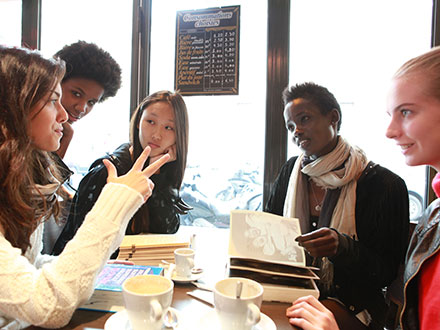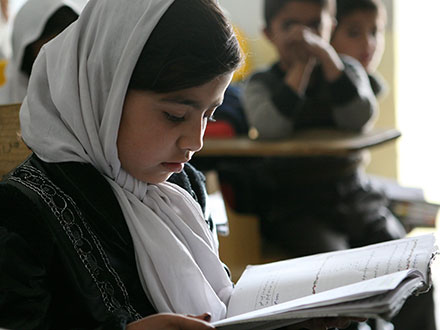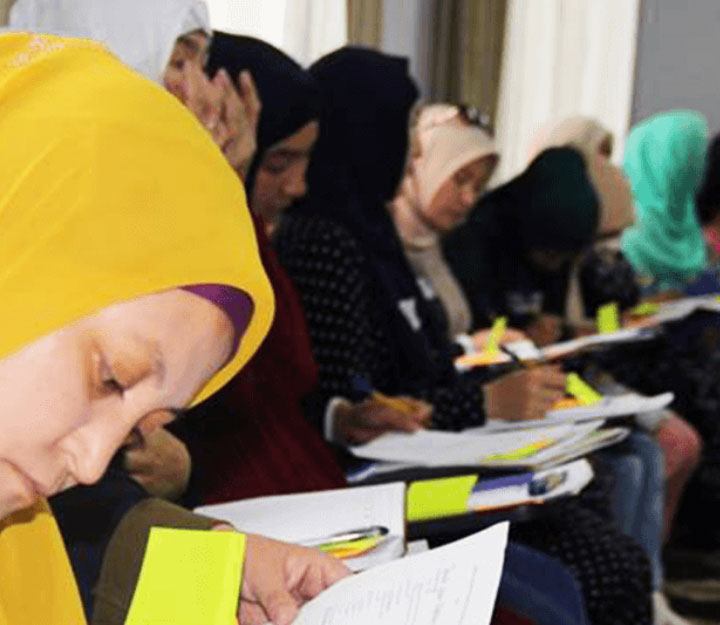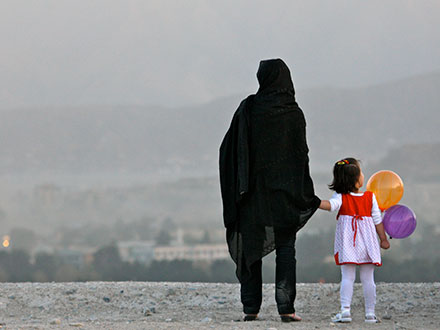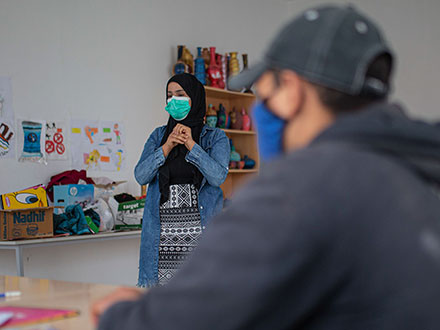Joint Statement Following Meeting Between President Biden and President of the UAE Sheikh Mohammed bin Zayed in Jeddah
President Joseph R. Biden Jr. met today with President His Highness Sheikh Mohamed bin Zayed Al Nahyan, President of the United Arab Emirates (UAE), in Jeddah, Saudi Arabia, in a bilateral meeting during the Summit of the United States and the Gulf Cooperation Council (GCC) and Egypt, Iraq, and Jordan.
President Biden offered his personal condolences to President Sheikh Mohamed bin Zayed and all Emiratis on the loss of His Highness Sheikh Khalifa bin Zayed al Nahyan. President Sheikh Mohamed thanked President Biden and the American people for their expressions of sympathy and for the visit of Vice President Kamala Harris and her delegation to Abu Dhabi in May.
President Biden offered his congratulations to President Sheikh Mohamed bin Zayed on his recent election as UAE President and conveyed an invitation for him to visit the United States later this year. The two leaders discussed a range of regional and global opportunities and challenges, which require close coordination between the United States and the United Arab Emirates as strategic partners.
In the realm of regional diplomacy, President Biden expressed appreciation for President Sheikh Mohamed bin Zayed’s personal leadership in breaking down barriers and forging diplomatic relations with Israel, as well as deepening cooperation with other countries in the region. The leaders discussed the U.S. role in helping to forge new economic, trade, and people-to-people relations among Israel, the UAE, Bahrain, and Morocco, as well as in deepening the ties among these states and Egypt and Jordan through new frameworks of cooperation.
In the defense realm, the two leaders affirmed their commitment to deepening the extensive security cooperation that has made both countries safer and been a major contributor to regional peace and stability. President Biden noted that the UAE is the only country in the Middle East to have deployed its military forces alongside the U.S. military in every international security coalition involving the United States since Desert Shield/Desert Storm in 1990-1991. The two leaders acknowledged the close and decades-long cooperation in their nations’ shared mission to counter terrorism and violent extremism.
President Biden recommitted to supporting the defense of the UAE against terrorist and other hostile acts such as the attacks targeting civilian sites in the UAE in January 2022. President Biden emphasized the centrality of the UAE as a strategic partner, and as a critical part of the security partnership among the states of the GCC, Egypt, Iraq, and Jordan. President Sheikh Mohamed bin Zayed confirmed that the United States is the primary security partner for the UAE, and the two leaders intend to accelerate and intensify discussions to further enhance these historic ties.
The leaders committed to continue the close cooperation that led to a truce in Yemen, now entering its fifteenth week. They expressed their appreciation for the effective work of the GCC, the U.S. Special Envoy, and the United Nations in achieving the truce, and committed their full efforts toward guiding the parties forward in a political process that can realize a lasting settlement to the conflict. President Biden emphasized the threats still emanating from Yemen and elsewhere and the importance of ensuring that the UAE has the best and most effective means to defend its homeland and people.
The leaders committed to continue to use their collective diplomatic standing to de-escalate and end conflicts elsewhere in the region. They discussed the importance of protecting the prospects of a two-state solution and of assuring that the benefits of the Abraham Accords also accrue to Palestinians. The leaders reaffirmed their support for Iraq and welcomed the landmark agreements to connect Iraq’s electricity grid to those of the GCC member states, as well as other projects further integrating Iraq into the greater region.
On economics, commerce, and trade relations, President Biden noted that the UAE is one of the fastest growing U.S. economic partnerships globally, the largest U.S. trading partner in the Middle East, and a significant investor in the U.S. economy. He welcomed the UAE’s economic initiatives throughout the Middle East and beyond, including its recent Free Trade Agreements signed with Israel, India, and Indonesia as well as new investments in Jordan and Egypt. The leaders tasked their teams with finding areas in which to deepen and expand commercial partnerships, as well as the negotiation of a broader strategic framework agreement between the UAE and the United States. President Biden recognized the UAE’s efforts to strengthen its policies and enforcement mechanisms in the fight against financial crimes and illicit money flows. Both leaders highlighted the extensive and enduring educational, cultural, and health partnerships between the two countries.
President Biden welcomed the UAE’s long-time commitment to global energy security as a reliable and responsible supplier, and recognized its leading role in advancing climate action, the energy transition and in developing clean energy technologies. President Sheikh Mohamed bin Zayed extended President Biden an invitation to attend the COP28 to be convened in the UAE in November 2023. Both leaders noted the important launch of the water and solar energy arrangement between Israel and Jordan with Emirati and American backing and investment as a model for future partnerships in the region. They asked their respective climate envoys, John Kerry and Sultan al-Jaber, to explore new opportunities in the climate and clean energy sphere to drive economic growth and sustainable development. They noted the UAE’s successful Dubai Expo 2020, which showcased the UAE as a convener of global events that promote sustainability, innovation, and dialogue.
President Biden also recognized the importance of the UAE as a force for change and global citizenship. He acknowledged the UAE’s leadership in promoting religious co-existence and challenging religious hatred through such initiatives as the Abrahamic Family House and the Hedayah Center. He expressed appreciation for the role the UAE has played in delivering thousands of tons of medical supplies to nations around the world during the COVID-19 pandemic and its response to calls for humanitarian assistance during natural disasters and conflicts around the region. The two leaders also noted the exceptional position of the UAE as a tolerant home to more than 200 nationalities and faiths coexisting in peace.



